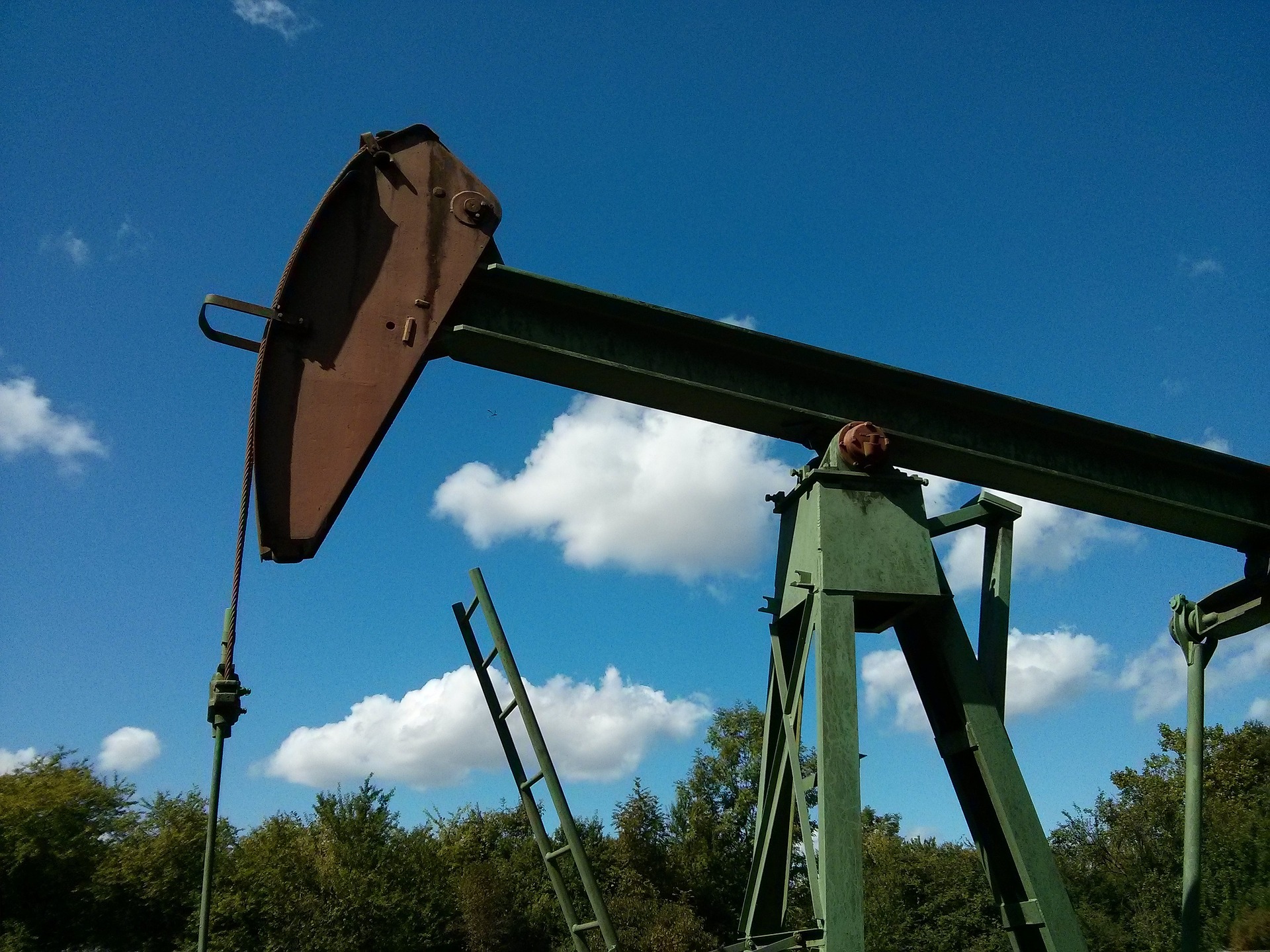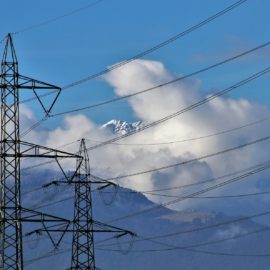
He worked in oil and now is looking for land for solar energy. He see the shift when will the State?
As a geologist, Kirk Barrell has studied what lies below ground for decades on the hunt for oil and gas pockets across Louisiana. But now he’s searching for land to build solar farms that won’t be a wetland in 50 years along the Gulf Coast. Barrell is co-founder of NuQuest Energy, a renewable energy developer looking to build large solar farms in Louisiana, Texas and Mississippi then sell the electricity manufactured from the sun’s rays to utility companies. NuQuest Energy is based in New Orleans and was created by a group of fossil fuel industry service executives looking to hedge their oil and gas bets by jumping into the renewable energy business. NuQuest Energy co-founders include Denis Taylor and Bob Rosamond, partners at Houston-based engineering firm Audubon Companies, alongside Alex Guitart, president of New Orleans Land & Title Company LLC. Barrell also runs Amelia Resources which secures oil and gas leases from private landowners for sale to drillers interested in the Louisiana shale plays. “It just seems that right now there’s a strong tailwind pushing for this (energy) transition to happen quickly,” said Barrell who saw parallels between the skills it takes to be successful in oil and gas applicable to renewable power. “There’s been a momentum shift. We’ve all done well in our businesses by moving early and we see opportunity.”
nola.com
Entergy is one of many companies that are looking for alternative energy sources and will do long term agreements. Barrell is looking for land and some farmers are considering giving up the farming to lease the land to him for solar farms. More money for far less work?
NuQuest Energy was incorporated in March and expects to close on a deal soon for its first self-funded solar project upwards of 100 megawatts of electricity, known as utility-scale solar. The company built its own software tool which it plans to use in scouting for suitable land for solar, close to the existing grid and transmission lines where there may be a lack of power but high demand. The three variables in a solar project in Southeast Louisiana are negotiating with landowners, typically family-owned farms and ranches, navigating wetlands, and the regulatory process. Unlike during an exploratory well deep underground where it may or may not be profitable to drill, the sun has a much higher chance of shining year round. “We’ve met with many farmers about the financials of future consistent income,” he said. “If you look at the risk of farming, declining crop yields and expense (of running a farm such as labor) you’re seeing three to four times the dollar per acre (for solar).”
This is Louisiana and Barrel was in oil so he is not totally removing himself from his past profession.
“We’re all still active in oil and natural gas but this is an expansion of our efforts, you could see it as balancing the portfolio a little bit,” Barrell said. In Louisiana, there’s gaps in the grid the Entergy wants to fill but the population hubs are in the Southeast where wetlands are more common which is another hurdle to jump over and the company is banking it’s got a home team advantage in its knowledge of the land and data to back it up. “One of our challenges is the wetlands. It could be (a good site) from the technical aspects of the grid but then you look at your map and it’s a deal killer, it’s about finding dry land,” he said.
With companies like Entergy asking for alternative energy sources and people like Barrell looking to build solar farms, the economy may start helping tackle global warming.


